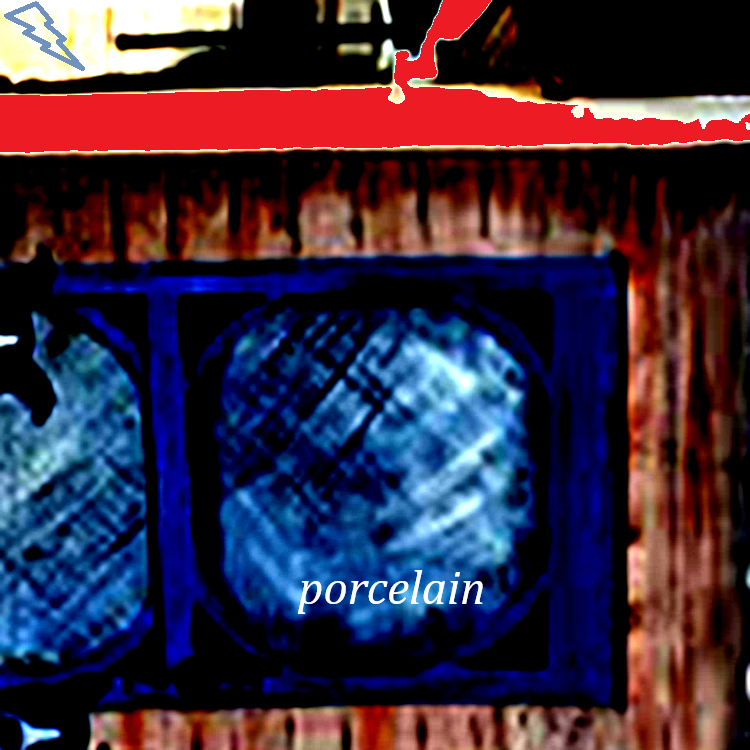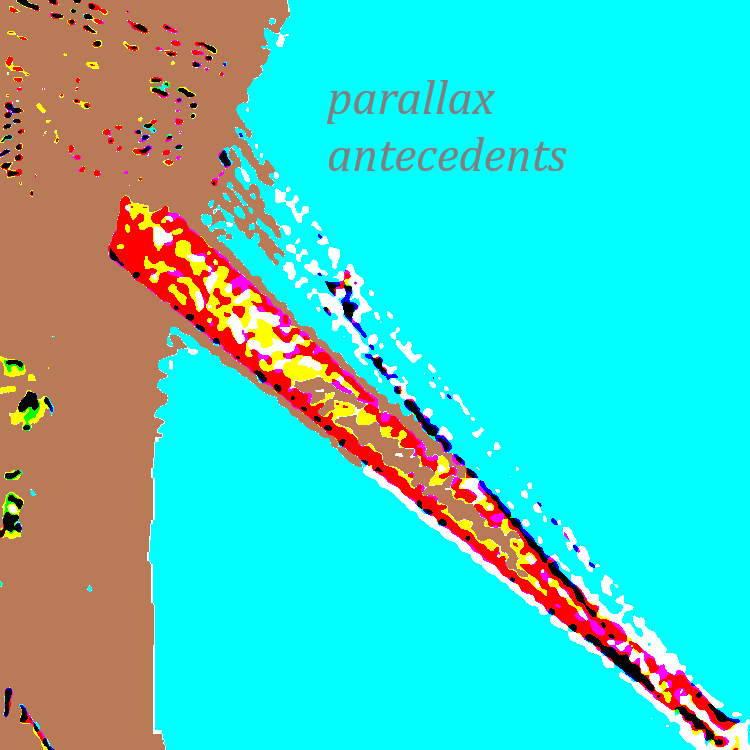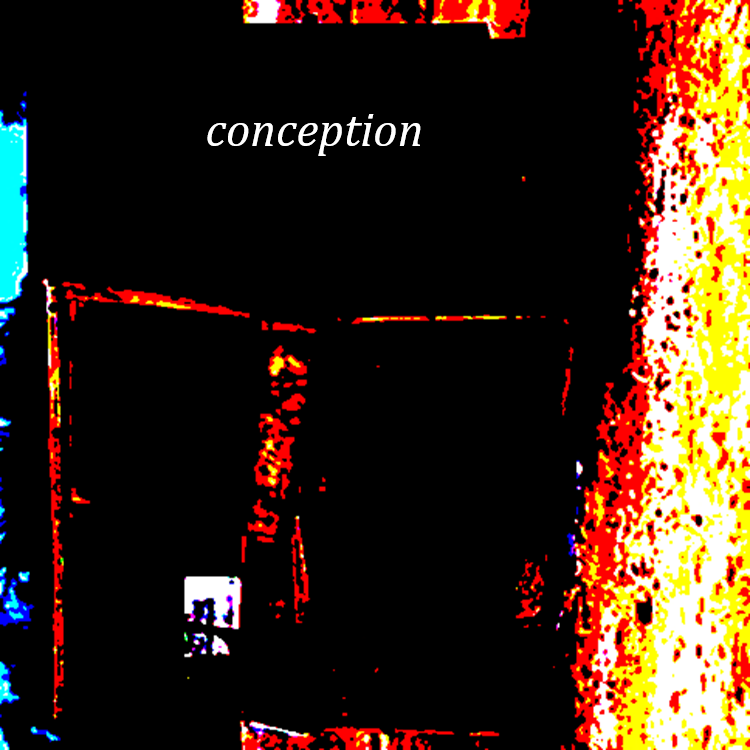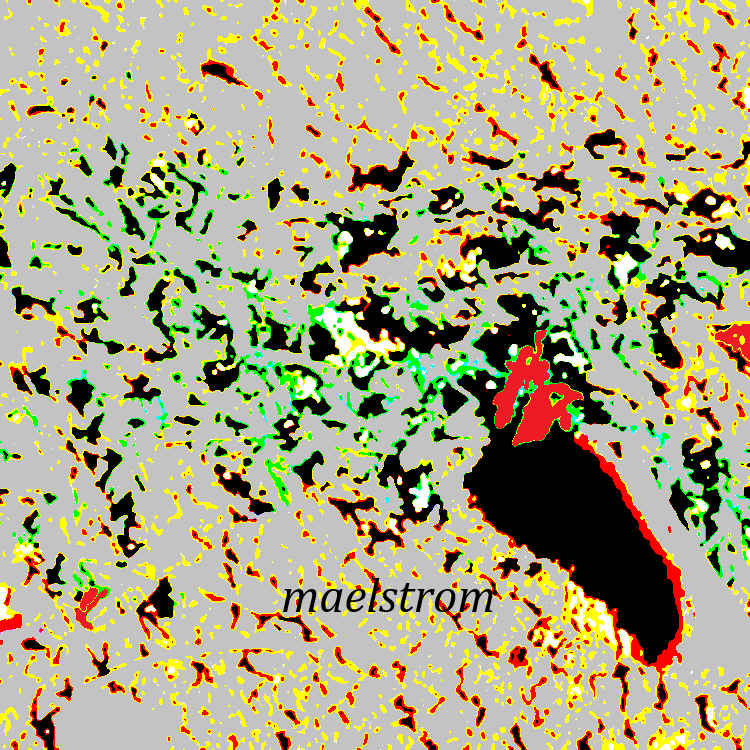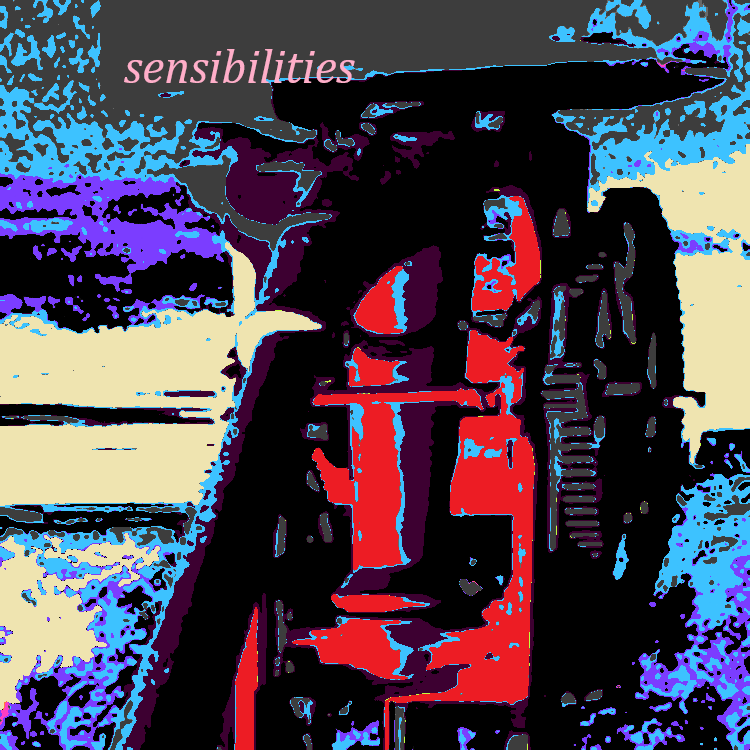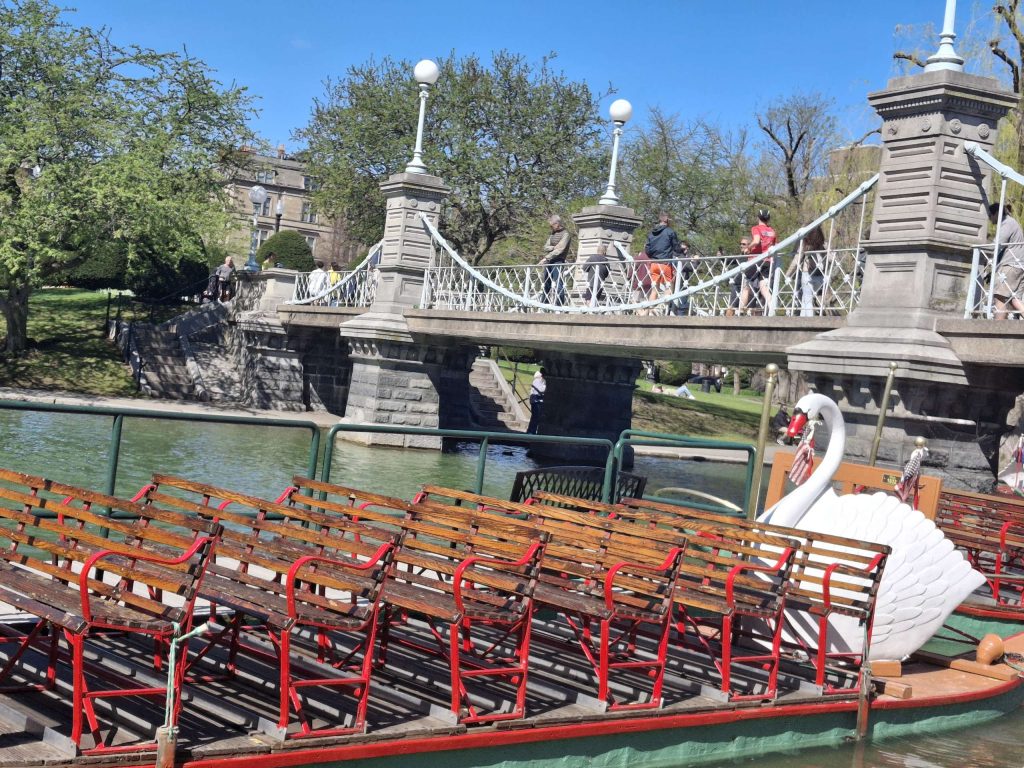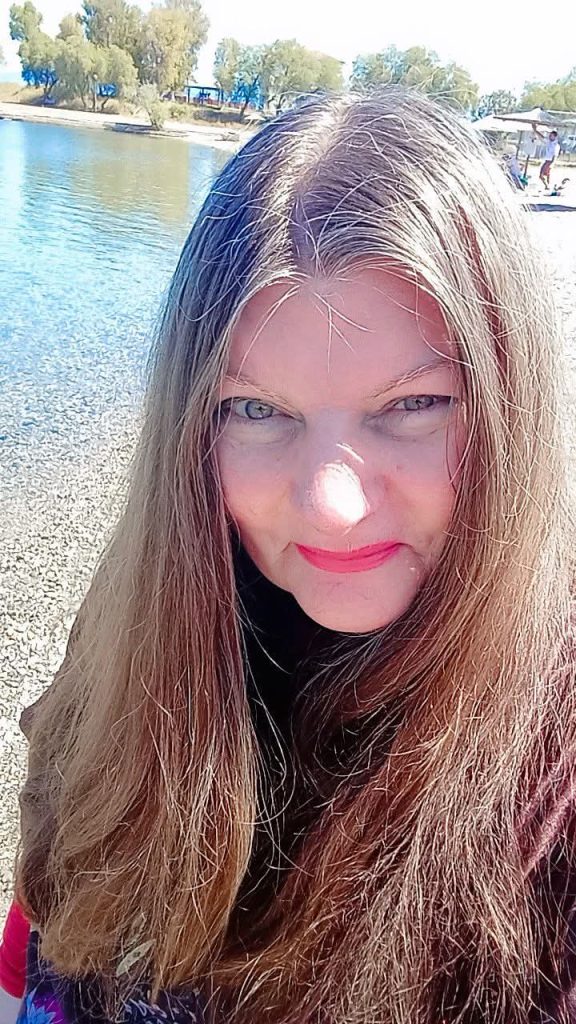Oranjestad, The Orange City by the Sea
Prose Poem Belles Lettres Reports
(from The Aruba Journals, August 2025)
for Tara
by Brian Michael Barbeito
ONE
A Story of Flora and Fauna Fine and Fantastic
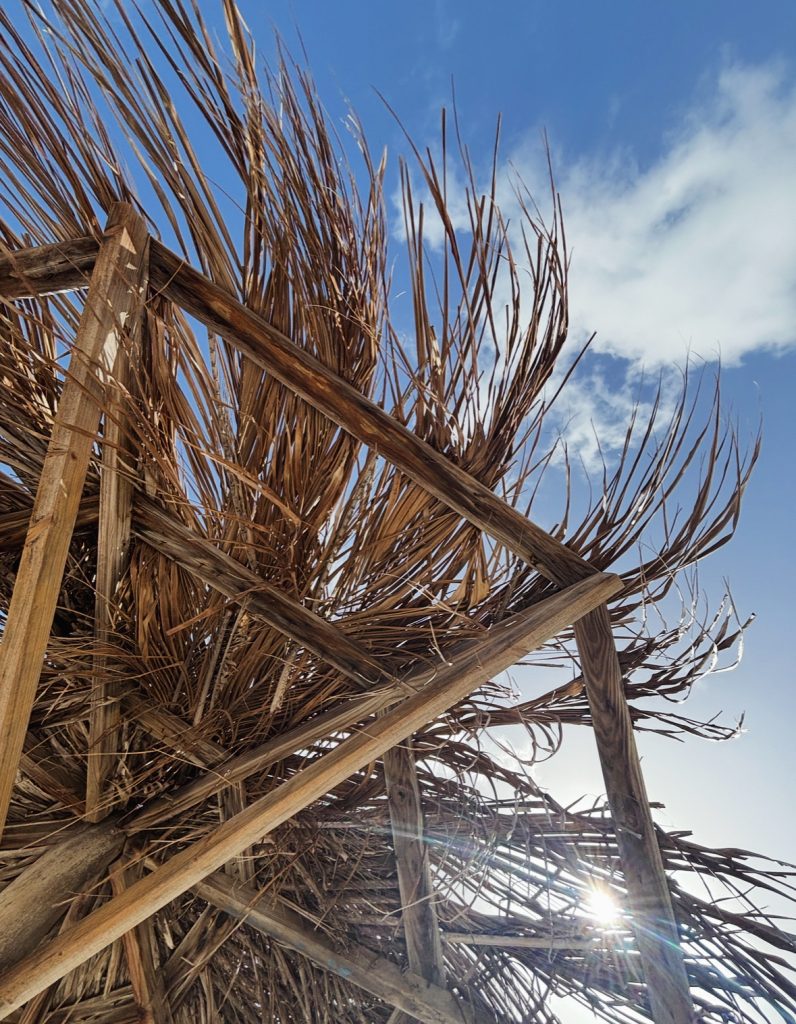
The ascended sun putting the night to sleep. At the evening walking, a frightened stray dog ran incredibly fast past us to pause down a dirt road looking for its way into the verdant shrubbery and trees where it lived. What was it running from? It was grey and black, big,- and that poor guy or girl, we thought, w/out a forever home, more alone than so many.
The Spanish style terra cotta roofs wait across the way, and they and everything receive the early afternoon sun. Hot. Humid. Breezy. Fine grain sands and long wide beaches, two silver fish came in near my legs and looked around at the shallow world briefly. My God how much like paradise with the turquoise waters gently rolling around under azure sky sometimes holding puffy white cumulus clouds. It had rained but the land is magnanimous and forgives such things quickly,- transitioning back to normalcy.
Tans. Supermarkets. Many different cultures looks and languages from all over the world because the sea and the sun is most certainly the world ‘word,’ the earth cosmopolitan-language that all agree on. Several languages…English, Spanish, Portuguese, French, Dutch, Papiamento.
Blue gecko lizards. Palm fronds. Glimmer of light upon objects. The friendly cabbie. The plane in the sky, the slow moving cruise ship, the smaller vessels of the harbour and patio drinks,- beer, soda, Pina Colada. Flags flying in wind. Silver trinkets in the sun. Atmospheric serene. Walk and walk. Jump in the sea. Sit on chairs or in the sand. Conversations about the world and things,- talks w/friends. Pictures and prose poems home….
TWO
A Prose Poem for the Night, the Sea, the Sky and the Sun Scenic

The night is full, robust, obviously dark. From the balcony one can see shapes and there is some soft light upon the palm trees and stucco structures.
Then the break into light, but it’s a quiet and such a minute break. It knows its way and does this every day, this daybreak, this ancient and new movement of existence.
A bird begins to sing. Eventually more. A pelican arrives up the way as every day, in order to look at a certain set of balconies or the roof. Terra cotta condominiums, green fronds, potted trees, the Divi Divi trees, coastline, looking southwest for the trade winds that travel across the region. The parrot that arrives the first day to great Tara hasn’t been back, and though real is more like a spirit message, an auspicious sign of some sort. (Things like this often happen to her, especially w/birds. The birds sense her spirit and essence and like her very much).
Walkers. Joggers. Workers. Awakening world. Bus. Taxi. Later perhaps the cruise ships docking. Electric bike. Electric scooter. Soft gentle breeze. Parachute pulled by motor boat. An elderly soul, a man, is walking towards the sea. I think now the sun has risen enough,- and it’s not too hot or oppressive in brightness and humidity, that I will begin to gather my things and also go to the ocean and into it for a little swim. Yes,- I’ll let the singing birds and curious but coy geckos be, and venture off to see the sea, the six o’clock hour sea…
THREE
Meditations on the Night and its Moon
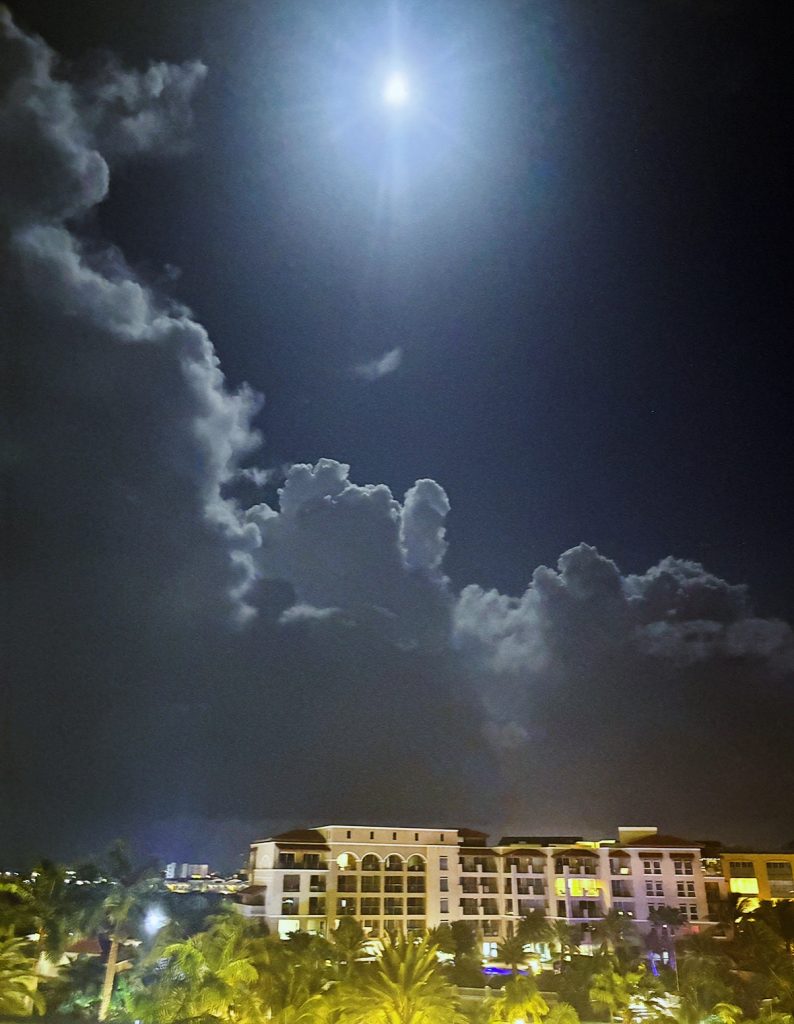
Inside the night the clouds definitely moved in. They appeared to make a magical fluffy frame around the moon. Below, the stucco resorts, palm trees green lit by electric lights. More distant lights also. Then, it is the rain’s turn to act. Slow dawn and early morning showers. Then the perennial ‘torrential’ downpour, but that’s okay. The cars scatter. The trees become frumpy. The sand turns a darker shade, brownish. Maybe later it will stop and the bright rays of light will come again,- warm, nurturing, healthy, joyous, calm, kind,-
Sitting for now though,- balcony way,- musing pensive philosophical inward in the outward, two birds come by making their morning rounds. It’s not that they are necessarily a sign and there for me,- for this is THEIR home, but…it’s nice they are not afraid of me,- don’t feel or see anything in my spirit that is acrimonious,- and look at me, walk right to my side and feet.
‘I don’t have anything for you birds,’ I mention for fun,’ not this morning…’ it’s later I shall feed them, by palms and stucco walls where iguanas live also under that continual afternoon wind.
And they jump up and make the rest of the rounds. I gaze momentarily out. A sea of rain, mist, foggy-type atmosphere of the tropical arena of abodes and dwellings, restaurants and passageways to the beach, to the scenery of sand and sea.
FOUR
Of Time, Travellers and the Beloved
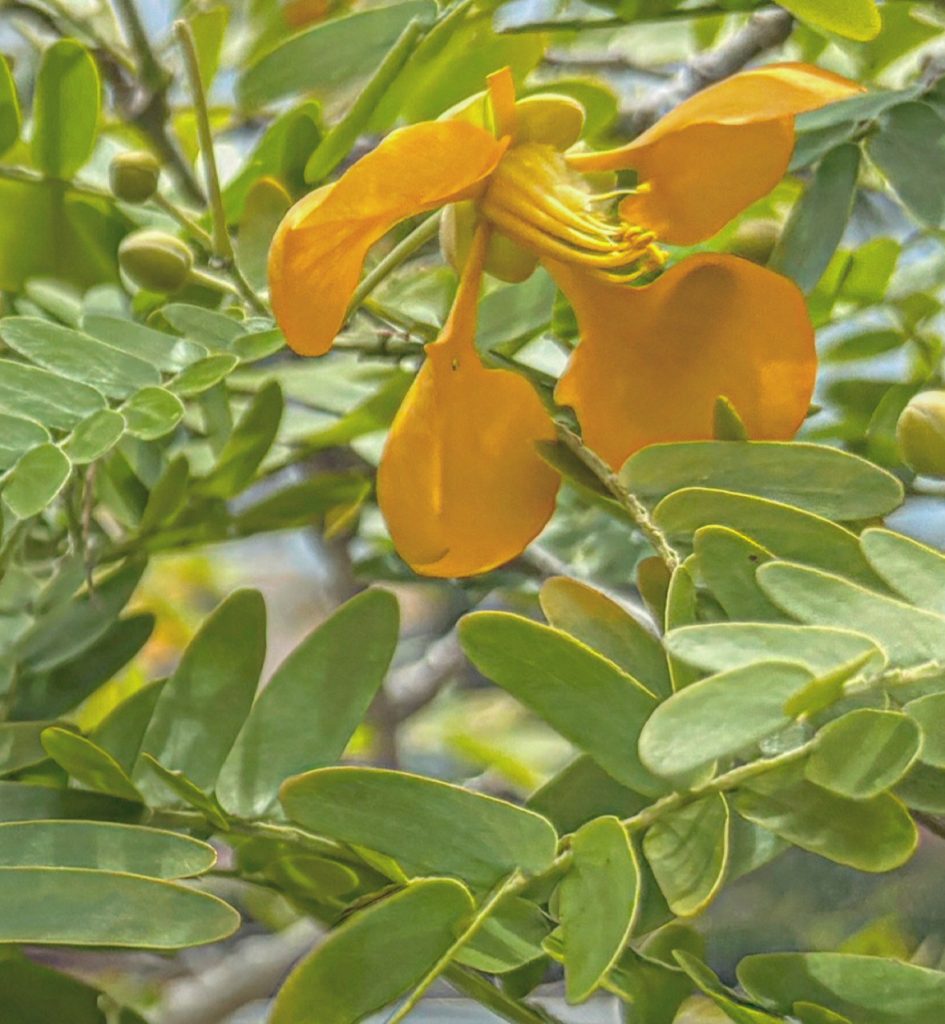
Rainy. The clouds have won today. That’s okay. A different atmosphere for the orange city by the sea. Verdant kelly green shrubs. Kittens. Lizards. Shapes in clouds moving. The flora and fauna need the rains. We still got to swim in the ocean. Tides changing and a plane. A pelican. Even the inland ants and little birds. Nice enough. Let’s take a walk after getting snacks and some change of clothes.
Stucco buildings. Bright yellow flowers. Pink ones too. Tall palms. Pastel visions of structures light blue and green and orange. The shapes of buildings. Balconies. Breezes. A pontoon boat and a tour boat. The world there. Nice people. Sand. A shell, an old conch shell. Ghostly wind. The trade winds again that blow over the island entire and head south west. What’s this?- thunder- how interesting and different. Capricious weather- sun shade rain sun shade rain wind breeze calm.
Interesting. I notice again how Tara is so beautiful,- a smile and dimples and shining eyes true and intelligent, curious, knowing.
Love. We love the sea, also like an old true beloved soulmate. We love the sand, like the greatest and trusted of friends. And we love the sky, its sun and cloud, even its rain-like shroud…yes we love even the rainy sky, for so many reasons why!
FIVE
Through Dawn, Rain, and Day
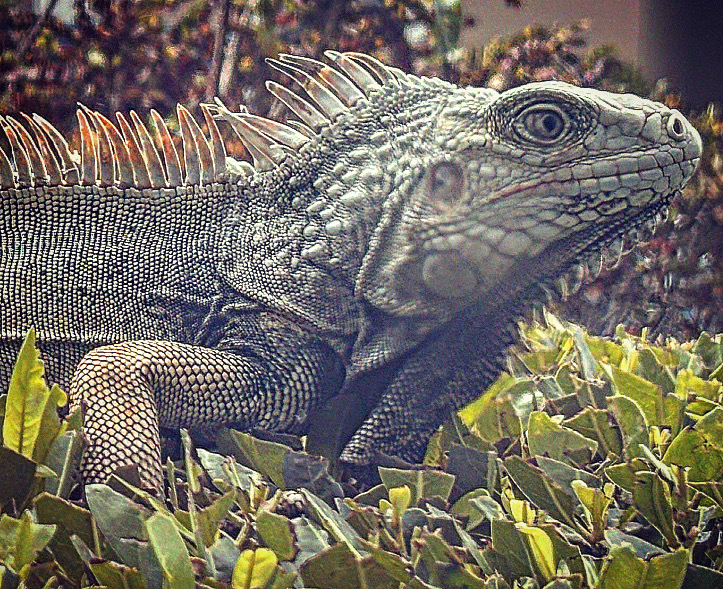
Dawn brightly announces itself and the winds that have remained travel through the worlds of verdant palm fronds and the stucco buildings. A blue lizard, a gecko, my favourite type, watches, plus a green one beyond. There is the pool, plus the green grasses where cats play and friendly tourists feed them.
Cruise ships bring in thousands of people but for the most part, the lands absorb them. Some noise and conversations. Many souls want to see the blue and turquoise sea, the white clean and clear fine grain that is somehow not even that hot to walk upon barefoot.
Dusk, sun beginning a descent,- up steps across the way to a fine restaurant for pizzas and pastas, drinks like Cuban-style Mojitos, Sangria, and even plain water and Coke Zero. Of course coffee also. Nice. Many more souls. Italians. Americans. South Americans. Canadians like us, plus others. Walk home after,- the darkened sea for nocturne beside us to the right, and the electric lighted buildings to the left. See the pool illumined by various lights electric. Then,- balconies and calm conversations plus soft music.
Coffee. Tea. Water.
What dreams will arrive via the night?- good or bad or mixed,- and,…these strange times marginal imaginations like when one floated in water earlier with ears covered by the sacrosanct sublime scene of sea…- staring up upon the clouds moving not fast or slow but just right with wizards gnomes people buildings spaceships spirits as if appearing then dissolving and travelling inland outland across to here-there-everywhere both north and south,- along and over this whimsical wondrous Orange City,———……

